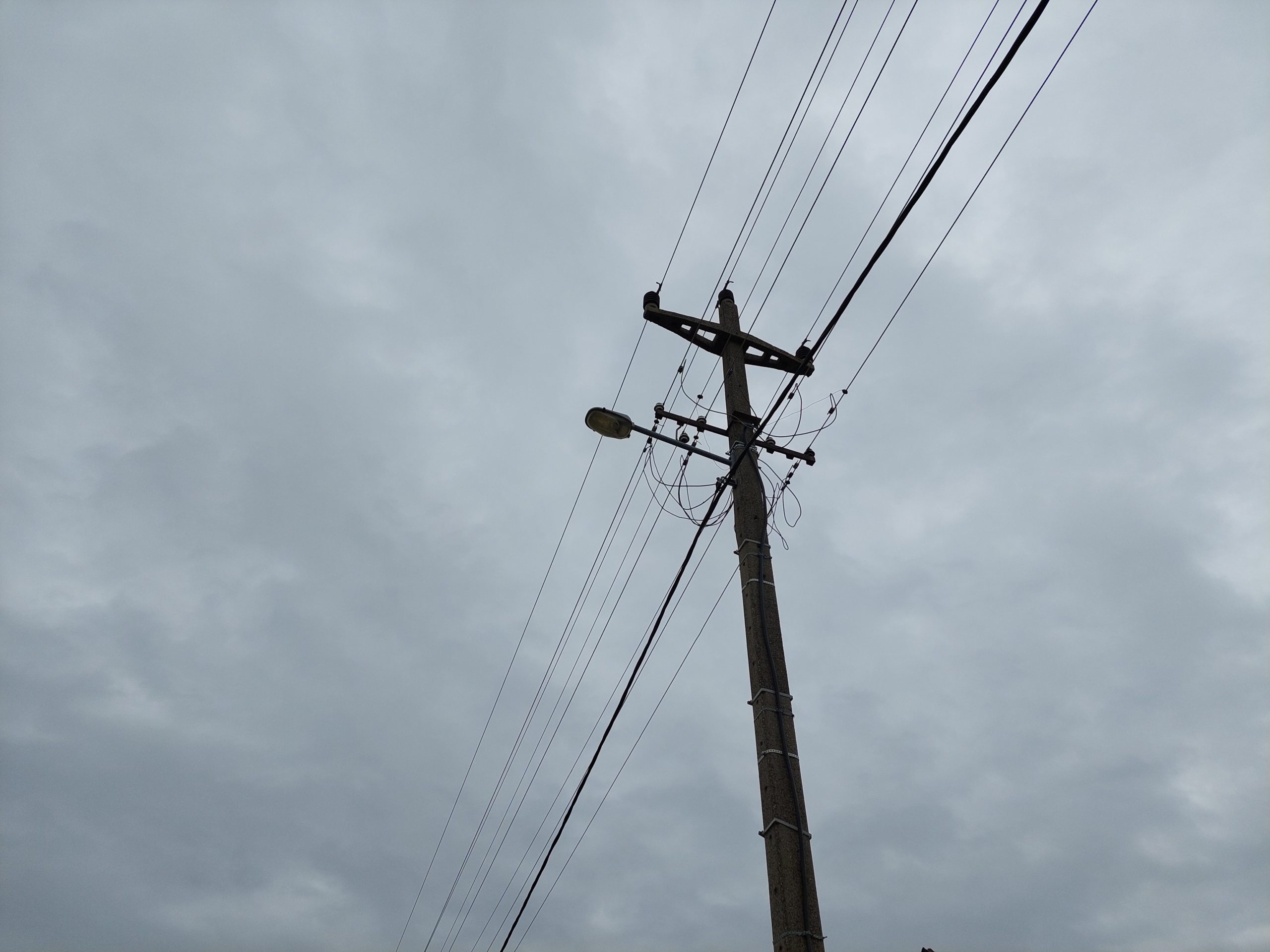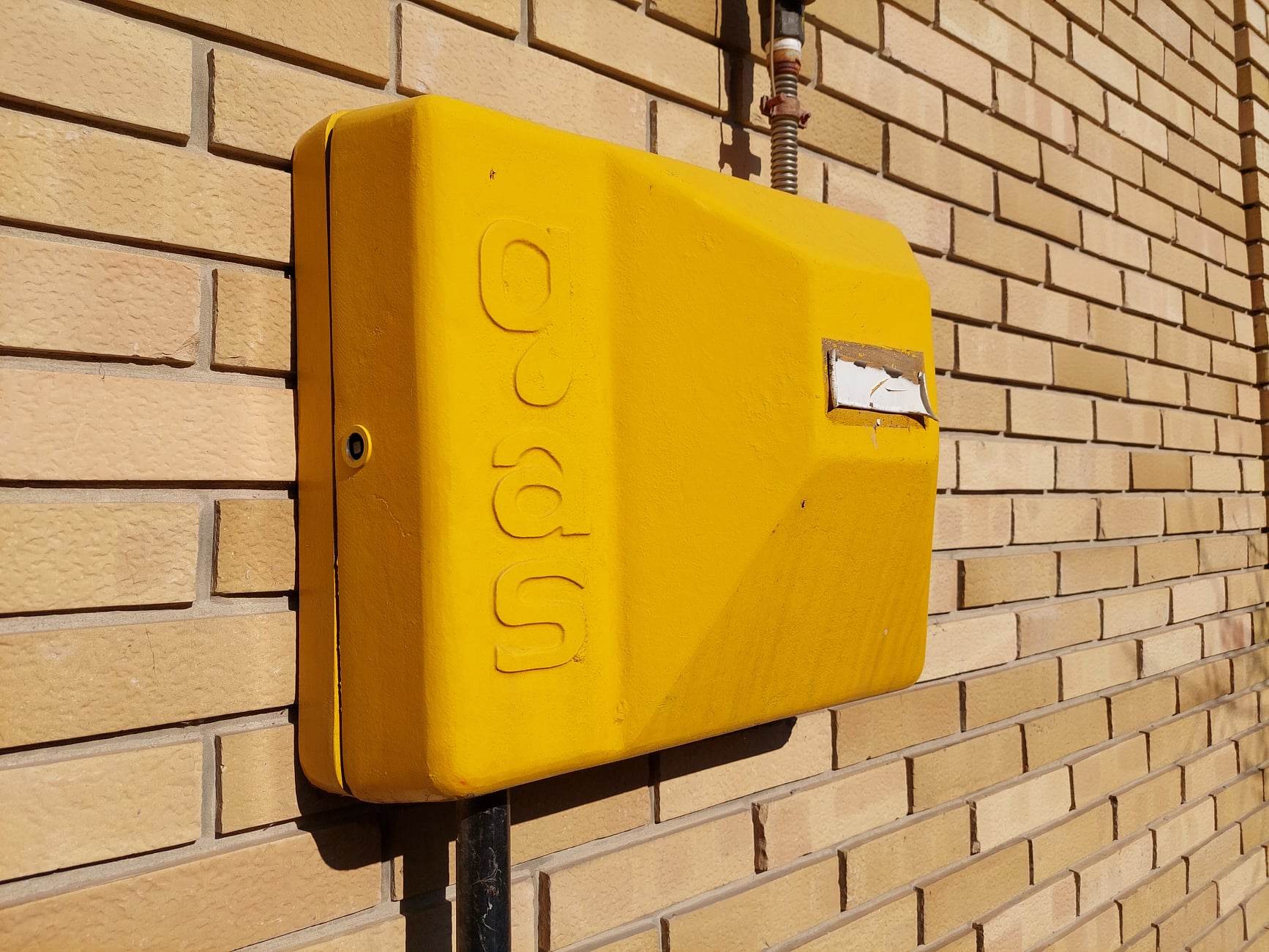
IMF deal requires gas and electricity price increases
The International Monetary Fund is taking money out of Serbs' pockets again. In exchange for the IMF loan, Serbia will have to raise electricity and gas prices from May. V4NA has previously reported that an increase is expected, and this has now been confirmed by the Ministry of Energy. Inflation could spiral out of control as energy prices rise, experts warned.
Electricity and gas price hikes several times a year
From 1 May, users will have to pay eight per cent more for electricity and ten per cent more for gas. This is the second increase this year, as there was also a rise on 1 January. Serbia still has one of the lowest gas and electricity prices in Europe, the ministry pointed out.
The current geopolitical situation means that Europe is facing the most difficult period of the 21st century in terms of energy security and the Serbian government is investing more resources into ensuring the continuity of supply in the country, the Ministry of Energy said. Despite the difficulties, there were no problems with electricity supply during the winter, they highlighted.
The ministry’s statement also admits that it is part of the agreement with the International Monetary Fund that gas and electricity prices must be increased, but notes that they have managed to keep the price hike to a minimum, which will see average consumers’ bills rise by around 250 dinars (2.13 euros) a month.
As V4NA has already highlighted in an earlier article, Serbia needs to increase the price of electricity and gas as part of its agreement with the International Monetary Fund. The IMF’s Head of Mission Donal McGettigan talked about this at the Kopaonik Business Forum, stressing that the IMF expects Belgrade to increase energy prices and implement a restructuring programme in the energy sector.
The increase, however, is not significant, the ministry wrote in a statement. The reason why the prices of gas and electricity are among the lowest on the continent is that the state is partially covering the costs.
“We would like to ensure uninterrupted supply while maintaining the highest standard of living for the population. Those most in need will continue to receive attention,” the ministry said.
Gas will become even more expensive than electricity
Besides electricity, natural gas will also become more expensive in the Balkan state. Serbs should expect a double-digit raise from May. This comes as no surprise to the population as Dusan Bajatovic, the head of the country’s gas provider announced early this month that the next raise will take place on 1 May, with the amount not exceeding 10 per cent. After that, another raise is not expected before the autumn, if at all.

Photo: V4NA
The IMF, the World Bank and the Fiscal Council agree that the current low energy prices are unsustainable in Serbia and need to be increased. Fiscal Council Chairman Pavle Petrovic, however, warned that inflation has been reined in so far only by keeping the prices of gas and electricity under control in the country.
The Consumers’ Union of the Republic also warns that the raise in the price of energy will have a direct effect on the population’s standard of living and contribute to price hikes of other goods.
Union representative Vesna Perincic emphasized that whenever there is an increase in prices, the explanation is that energy prices in Europe have also increased multiple times. She, however, said that one should take into account the fact that incomes and the standard of living in Serbia are far below the European average.
The expert pointed out to N1 news that the increase in energy prices will lead to a jump in inflation in the Balkan country.

